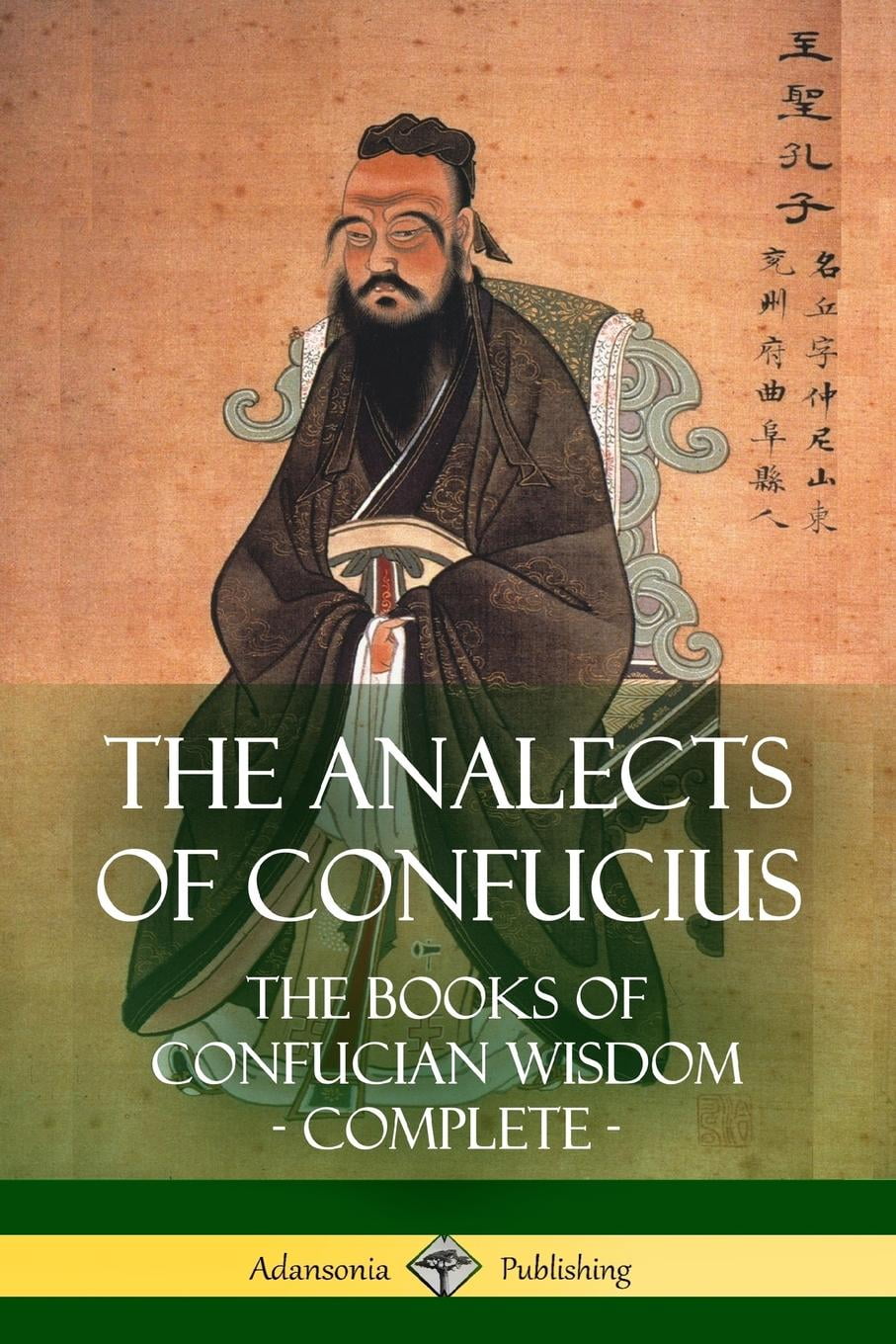

The Analects are a long and seemingly disorganised book of short events, filled with strange conversations between Confucius and his disciples, like this one:

Here are a few examples of what Confucius helps us remember: We need his advice all the more for this it serves as an antidote to the troubles we currently face. But some of them also sound very strange or old-fashioned to modern ears (especially to western ones). Some of the morals Confucius taught are easily recognisable – most notably his version of the ‘Golden Rule’: ‘Do not do to others what you do not want done to yourself’. In this simple three-sentence story, we are able to contemplate the implied value of human lives over objects or horses, and to wonder if we would have done the same.Īn image of Confucius travelling in a wheelchair from a Confucian children’s book c. On his return he said, ‘Has any man been hurt?’ He did not ask about the horses. The stable burned down when Confucius was at court. For example, one of the short passages in the analects is: Instead, he believed that if he simply lived virtuously, he would inspire others to do the same. These are not always commandments, because Confucius didn’t like prescribing strict rules.

Around the second century B.C., Confucius’s works were collected into the Analects (Lunyu), a collection of sayings written down by his followers.

However, when Confucius was 56, he and the duke fell out over the duke’s excesses, and so Confucius left the court and wandered for 12 years.Ĭonfucius presented himself as a ‘transmitter who invented nothing’, because he believed he was teaching the natural path to good behaviour passed down from older, divine masters. According to tradition, he began government service aged 32 and served many roles, including Minister of Crime under Duke Ding in the state of Lu. in China he may have been a student of the Daoist master Lao Tzu. We know very little for certain about the life of the Chinese philosopher Confucius (a westernised version of his name, which means ‘Master Kong’).


 0 kommentar(er)
0 kommentar(er)
